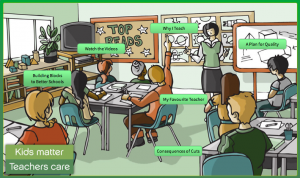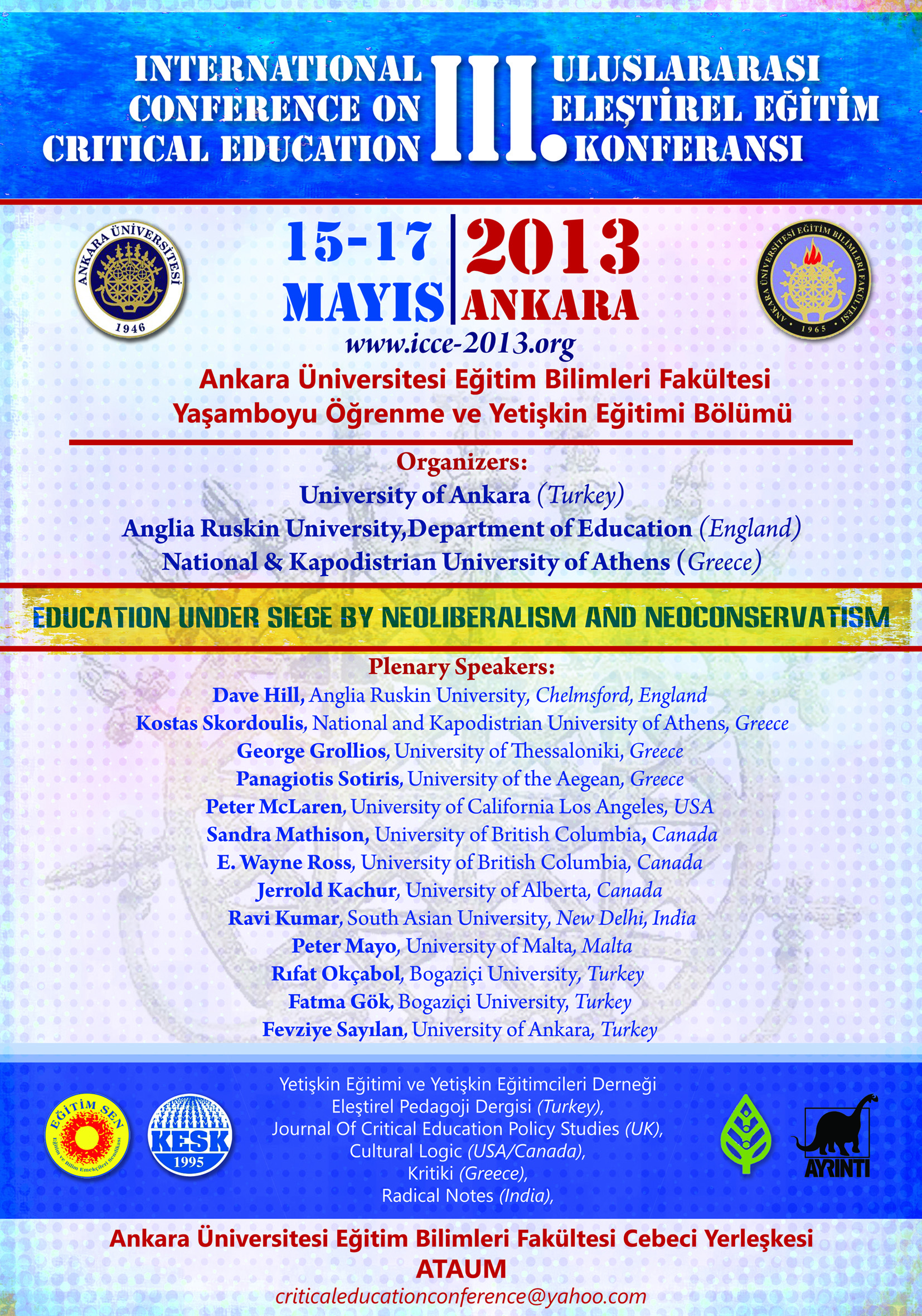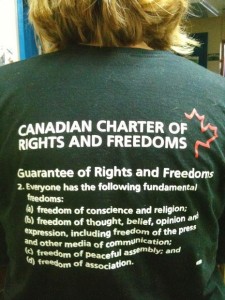Should schools move away from grading students? Yes!
Of course, it’s a time “honoured” tradition to use grades as the key means of sorting students to meet the demands of business. But, if you’re more more interested in motivating students to learn and less interested in treating education like a commodity, there’s really little room to debate the point.
School boards in Ridge Meadows, BC and Battle River, AB have decided to stop giving percentage grades to their students.
The Vancouver Sun recently ran a story on the Ridge Meadows Schools (Maple Ridge and Pitt Meadows BC) that have adopted an alternative approach to student assessment in which elementary teachers are no longer required to give letter grades to students.
Rather than assigning As, Bs or Cs to kids from grades 4 to 7, teachers can instead use the conference model to assess how well children are grasping course material, as well as their learning style, readiness to progress and comprehension of overall concepts. The standard reporting system does not assign letter grades for students in kindergarten to Grade 3, but under the new system, students in all elementary grades will be invited to participate more fully in their evaluations by completing self-assessments and setting future learning goals.
The alternative system will engage students while providing more meaning to parents than a simple letter grade, said Ridge Meadows school trustee Susan Carr, who has two children in the school system.
Ridge Meadows school trustees were unanimous in their support for the new approach, which was developed over the past two years by a district committee. The Ridge Meadows News reported that “Committee members noted the feedback from parents who have been involved so far is “through-the-roof positive.”
In Alberta, the Battle River School District’s has adopted an alternative grading system that replaces percentage grades with categories.
Under the assessment model, students are marked with an achievement level that indicates they are within a percentage range. A student scoring between zero and 50 per cent would be at the “beginning” level. A “developing” student is within the 50-66 per cent range, “achieving” is between 67 and 83 per cent and “excelling” ranges from 84-100 per cent. (The Edmonton Journal)
Camrose, AB parents don’t seem to be has uniformly positive about Battle River’s decision as about 150 recently protested the move.
Today on CBC Radio’s The 180 with Jim Brown, Sandra Mathison, a UBC education professor and member of the Institute for Critical Education Studies discussed the issue of grading students and provided some sharp counter-point to Michael Zwaagstra, a high school teacher who is affiliated with the Frontier Centre for Public Policy (a Fraser Institute clone that is primarily funded by right-wing outfits like the Donner Foundation).
The Frontier Centre and Zwaagstra’s views on education get a lot of play on the editorial pages of Vancouver’s daily papers, both of which prominently embrace and espouse neoliberal public policy, which places the interests of corporate capital and their shareholders over the interests of people.
It was interesting to hear Zwaagstra shift to center when confronted with Mathison’s counter-point.
Get the podcast of this episode of The 180 with Jim Brown here.

 Follow
Follow


